Medicine
September 1, 1999
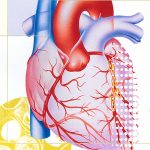
For the heart
UW Professor Thomas Grayston is principal investigator of an $11 million grant to see if killing a form of bacteria reduces heart attacks.
June 1, 1999
Fooling the body
UW researchers are one step closer to creating artificial bones, tissue and organs that the human body will recognize as its own.
March 1, 1998
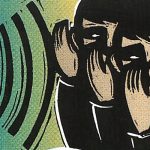
Deafness gene
UW Postdoctoral Fellow Eric D. Lynch successfully cloned a gene which, when mutated, causes an inherited form of deafness.
September 1, 1997
Vitamins could help asthmatics, research finds
Simply taking antioxidant vitamins could help asthmatics exposed to polluted air breathe easier.
Nurse midwives keep cost, Caesarean rates lower, study finds
Low-risk women who choose nurse midwives for their deliveries have fewer Caesarean sections, a UW study found.
June 1, 1997
At research center, patients take on risk for the sake of a cure
From bone marrow transplants to cancer vaccines, patients in the Clinical Research Center opt for experiments that could save lives, maybe even their own.
Drugs, surgery show equal results for heart-attack patients in study
Heart attack patients show nearly identical survival rates, whether treated with powerful anti-clotting drugs or with balloon angioplasty, say UW researchers.
March 1, 1997
Lab mice stay thin on a fast-food diet
UW scientists have produced a genetic mutation that keeps laboratory mice thin even on a very high-fat diet.
December 1, 1996
Researchers work to create medical implants that bodies won’t reject
UW bioengineers hope to fool the body into accepting foreign materials, opening the door to artificial kidneys, bionic hip replacements and other medical miracles.
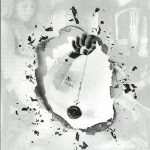
Pausing the pain
UW doctors turn to drugs, hypnosis and even virtual reality to ease patients’ suffering.
September 1, 1996
Genes unlock the mysteries of the immune system
Scientists have uncovered some powerful and surprising information about the human immune system.
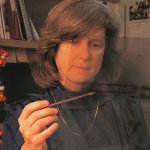
Cancer detective
After discovering the gene linked to breast cancer, Mary-Claire King now is on the hunt for ways to combat the disease.
June 1, 1996

Modern plagues
Once beaten by miracle drugs, infectious diseases are back and stronger than ever.
Women at greater risk of death after heart attack treatment
An international team of researchers found that women treated for heart attack with blood clot-dissolving drugs have a considerably greater risk of death and serious complications compared to men.
New hope for ways to reverse breast and ovarian cancers
Biologists have found the first direct evidence suggesting that the gene known to cause hereditary forms of breast and ovarian cancers can also halt—and in some cases reverse—both diseases.
March 1, 1996
Ultrasound: the ultimate Band-Aid?
Sound waves could be used to control internal bleeding suffered by soldiers on the battlefield or motorists in a car wreck if a $10 million UW research project is successful.
December 1, 1995
UW study links low folic acid levels to heart disease
UW researchers have found a "strong link" between diets lacking folic acid—found in high levels in orange juice, spinach and dried beans—and heart-related problems.
September 1, 1995
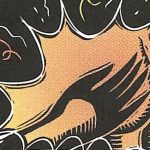
Estrogen-cancer link disproved
Women who take estrogen or a combination of estrogen and progestin as hormone replacement therapy apparently do not face an increased risk of breast cancer.
June 1, 1995
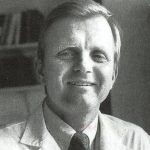
Below the belt
Work on male fertility and potency have also made the UW a national leader in advancing men's sexual health.

Meds raise risk
Calcium-channel blockers, widely prescribed to lower high blood pressure, may actually increase the risk of heart attack by as much as 60 percent.